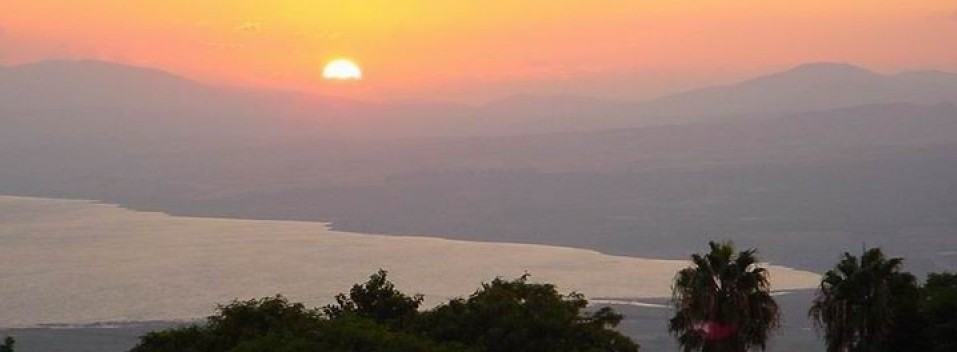September 19, 2013
Dear brothers and sisters,
I am taking the good news today from Luke 20:9-19.
Then he proceeded to tell the people this parable. “[A] man planted a vineyard, leased it to tenant farmers, and then went on a journey for a long time. At harvest time he sent a servant to the tenant farmers to receive some of the produce of the vineyard. But they beat the servant and sent him away empty-handed. So he proceeded to send another servant, but him also they beat and insulted and sent away empty-handed. Then he proceeded to send a third, but this one too they wounded and threw out. The owner of the vineyard said, ‘What shall I do? I shall send my beloved son; maybe they will respect him.’ But when the tenant farmers saw him they said to one another, ‘This is the heir. Let us kill him that the inheritance may become ours.’ So they threw him out of the vineyard and killed him. What will the owner of the vineyard to do them? He will come and put those tenant farmers to death and turn over the vineyard to others.” When the people heard this, they exclaimed, “Let it not be so!” But he looked at them and asked, “What then does this scripture passage mean: ‘The stone which the builders rejected has become the cornerstone’? Everyone who falls on that stone will be dashed to pieces; and it will crush anyone on whom it falls.” The scribes and chief priests sought to lay their hands on him at that very hour, but they feared the people, for they knew that he had addressed this parable to them.
The identity of the characters in this parable and its meaning are pretty clear unlike some of Jesus’ other parables. Perhaps it was because his suffering and death were near at hand; there was not much time left for hidden or subtle meaning and interpretation. This story was meant to shock listeners as brutality and murder should always startle our sensibilities. It was as if Jesus were saying, “Wake up, people, to what is happening! God’s judgment will prevail.”
What comes to mind today is our treatment of the vineyard that God has lovingly given to us for our use and enjoyment, this wonderful earth that we inhabit. It’s a reminder to me that we don’t possess it, we only have temporary use of it through the generosity of its creator. We are called to produce good fruit, to gratefully share our harvest with God, which means to share with His children particularly the least fortunate. For some time now we have been terribly abusing this earth, exploiting it for our own use, selfishly hoarding its produce for ourselves rather than sharing it equitably, and leaving to our heirs, God’s children, a scarred, polluted, exhausted orb. We’ve been warned of the consequences, but we generally reject these prophesies and continue to act as if we own this earth and have the right to do with it as we please regardless of the impact.
Granted, Jesus was addressing the religious leaders of his time. However, I think he is addressing leaders of all kinds of institutions and nations today. Our stewardship of this earth is a reflection of our relationship to God and with His children who inhabit it. Right now it seems to be at a low point of ingratitude, indifference, and even contempt. Jesus warns us that God’s patience is not infinite. Retribution will be equal to the evil we have perpetrated. I am not doing all I can to protest, to advocate, to change my own ways of consumption, to pray. This is my wakeup call.
Mike
mmaude@develop-net.com
